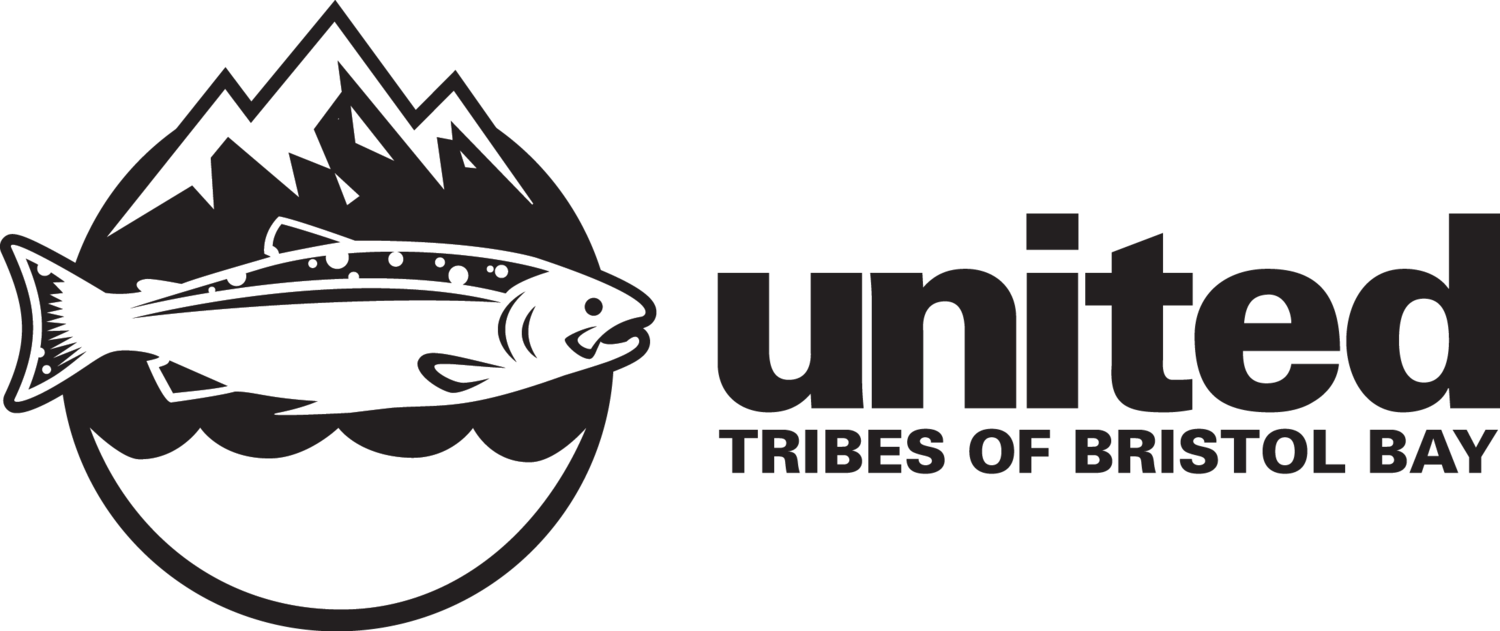Opioids, overdose, and substance use disorder in Bristol Bay
Our communities face real challenges with opioids and fentanyl. We aim to provide helpful information and paths to support healing and recovery. In this post, you can learn how to identify an overdose, where and why to get Narcan, and see a list of resources that can help you or a loved one struggling with substance use.
If you or someone you know needs help, please contact the BBAHC Outpatient clinic at (907)-842-5201 to request a confidential medical appointment.
If you need help, call, text or chat 988 anytime (24/7 confidential access to counselors).
In this post
Scroll down to find information on:
Free resources (local and national)
How to recognize an overdose and what to do
Important things to know about fentanyl and opioids
Why our words matter
Resources for people struggling with substance use disorder and their loved ones:
BBAHC Jake’s Place: Offers Prevention & Recovery Services (ages 18+)
Phone #: (907)-842-5266
iknowmine.org: Offers various wellness resources
Order FREE narcan kits
Order FREE harm reduction kits
Never Use Alone Hotline: reduces the chance of death while using
People can call this hotline when they’re using by themselves, with no one to call for help. A volunteer operator will take your location information, and alert EMS to that location if you stop responding after using. All operators are people with lived experience. No one will ever judge, shame, or lecture you about quitting. If you ask for help, we will go to the end of the earth to get you whatever type of help you feel that you need. All calls are confidential. No one will ever know you called, and we never share your information with anyone other than EMS if we need to alert them.
Phone #: 1-877-696-1996
Kenkamken offers MANY crisis lines and support groups
Website URL to share
How to Recognize and Respond to an Overdose
What to Look For:
If someone is overdosing on opioids or fentanyl, they might show these signs:
Not responding to noise or touch
Slow or absent breathing
Choking, gurgling, or snoring sounds
Blue lips or nails
Tiny pupils
What to Do:
Call 911 immediately.
Administer Narcan: If you have Narcan (naloxone) available, spray one dose directly into their nostril.
Begin Rescue Breathing: Start rescue breathing. If the person is still unresponsive after 2-3 minutes, give a second dose of Narcan and continue rescue breathing until help arrives.
Important Reminders:
Narcan is safe: It won't harm someone who isn't overdosing, so it's better to be safe than sorry.
Get Narcan: Contact your local tribal office, clinic, or hospital to ask for a free Narcan kit.
Useful Facts related to Opioids & Fentanyl
Even small doses can be deadly! Fentanyl is extremely potent. This potency makes accidental overdose very easy, especially if fentanyl is mixed into other substances.
Talking about fentanyl or giving Narcan information helps our communities. Clear, factual education reduces harm and encourages safer choices. It does not increase use.
It’s not just people that use heroin who are at risk of fentanyl exposure. Mixing opioids/fentanyl with other substances like alcohol, Xanax, or other sedatives greatly increases overdose risk. Using multiple substances at the same time is common but significantly raises the risk of a fatal overdose.
People who use methamphetamine, cocaine, counterfeit pills, etc., can be exposed if fentanyl is mixed in and people use for many different reasons that deserve attention.
Substance use disorder (SUD) is a health condition. It is influenced by biology, trauma, social factors, and access to care. Stigma and judgment often prevent people from seeking help.
The Words We Use Matter
Stigma, or judgment, about drug use or substance use disorder makes it harder for individuals seeking help, or contemplating seeking help, because it can deepen their feelings of shame and isolation.
If we choose compassionate and respectful language, we can break down these barriers and create a supportive environment where people feel safe to reach out for the care they deserve and need.
What you say matters, and who you are does matter.
We all have a role in making Bristol Bay a place where everyone feels safe and supported.
By learning the facts and choosing kind words, we can help end silence and judgment around substance use disorder. Let's create a community where people feel comfortable reaching out for help and healing together. It starts with knowing how to help and understand each other.

